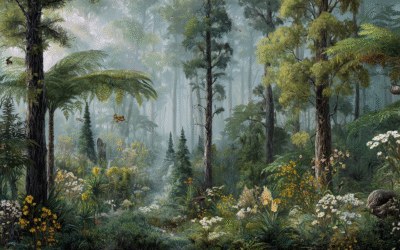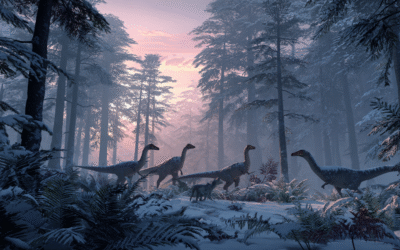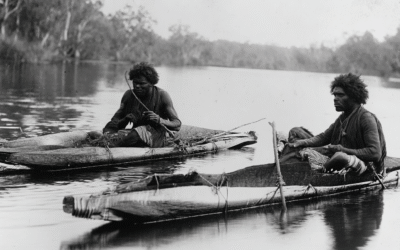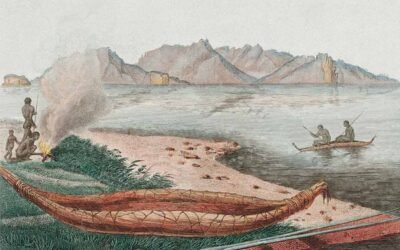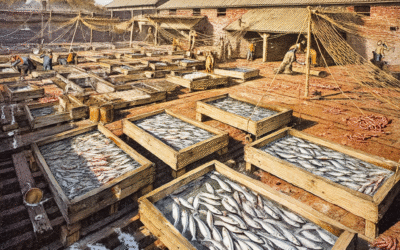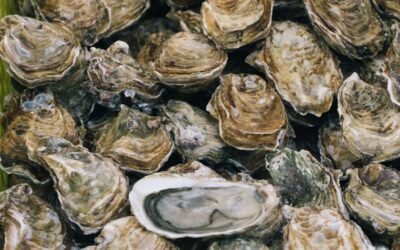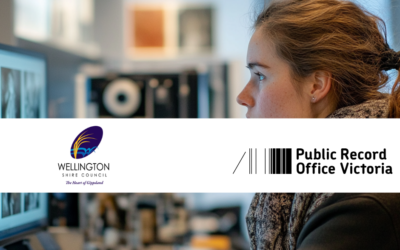PORT ALBERT
MARITIME MUSEUM

78 Tarraville Rd, Port Albert VIC 3971
(03) 5183 2520
portalbertmaritimemuseum@gmail.com
Normal Opening Hours
Wed-Mon 10am-4pm
Please check our Facebook Page for updates on opening hours.
MUSEUM CLOSED JUNE-SEPTEMBER 2025 FOR RENOVATIONS.
REOPEN SEPTEMBER 1ST 2025. CONTACT US FOR GROUPS AS WE MIGHT BE ABLE TO ACCOMODATE DURING CLOSURE.
Groups
Depending on the availability of volunteers, we will open outside of our main hours for Group Bookings. Please contact David Dickson on 0418424192 for group bookings.
ADMISSION
Families $10, Adults $8, Concession $6, Children U16 $2
For group rates please enquire. We can offer Morning or Afternoon Tea and will provide tables & chairs for lunch if you organise catering from a local Port Albert business. Again, please enquire for details.
MUSEUM CLOSED JUN-SEP 2025 FOR RENOVATIONS.
REOPEN SEPTEMBER 1ST 2025.
CONTACT US FOR GROUPS AS WE MIGHT BE ABLE TO ACCOMODATE DURING CLOSURE.
Welcome To Port Albert Maritime Museum
There could be few places better credentialed to house a first-class maritime museum than Port Albert on Victoria’s South Gippsland coast.
From Gunaikurnai origins, the arrival of European settlers in 1841 establishing a port servicing pastoralists and later the Gippsland goldfields, the rise and fall of the local fishing industry, right up to the OMEGA satellite navigation station at Woodside and present-day Bass Strait oil exploration, all is on display at the museum.
The moment you enter and see the restored 1.3-metre-high lens from the Cape Liptrap lighthouse and a cannon used at the Cliffy Island Light Station to sound fog warnings to shipping, you know you could easily while away hours.
The 1861 bank’s former vault houses a Gippsland goldfields display in the very room which stored bullion from strikes at places like Omeo and Walhalla awaiting shipment from Port Albert.





Our Collection
Our collection focuses on the Maritime, Indigenous and Local History of Gippsland, in particular Port Albert.
Currently we house in excess of 1,000 artefacts, 10,000 photos and illustrations, 10,000+ books, pamphets and document collections.
Click on the links below for posts on some aspects of our collection. These posts will grow over time so please check back every now and then.
Maritime
Local History
Indigenous

Archives
We have an extensive range of photos, documents and books in our archives relating to local history and early maritime activities in Gippsland. We are in the process of converting our catalogue system for online access and are optimistic this will happen by the end of 2022. In the meantime, click on this link to submit a request for us to search for information in our archives or to make a booking to visit for research.

Merchandise
To help raise funds for the museum, we sell a range of retro toys, giftware and books.
These are all available at very reasonable prices from the museum.
If you wish to order online, please click on the link below to see more details on our range and how to purchase online – ONLINE ORDERING AVAILABLE SOON

Volunteering
The Port Albert Maritime Museum is solely run by volunteers, from the person who greets visitors at the door to the committee of management.
By joining us you will work in an engaging, collaborative, supportive and safe working environment. We aspire to make the volunteer experience an enjoyable and rewarding one, providing professional and ongoing training and development throughout the year.
MORE INFORMATION

Supporting the Museum
We invite you to become involved with the Museum in a number of ways, such as a volunteer, joining as a member, through general financial donations and in-kind support, donating artefacts to our collection, making a bequest or through sponsorships for specific projects.
The Museum is a registered charity and tax deductible recipient.
NEW
The First Forests in Flower
Long before gum trees and wattles, Gippsland was blanketed in cool-temperate rainforests where ferns, conifers, and the world’s first flowers thrived. Fossils from Koonwarra and the Strzelecki Group reveal how these early plants and insects reshaped ancient life — one bloom and beetle at a time.
Dinosaurs in the Dark: Gippsland’s Prehistoric Polar Forests
Long before Gippsland’s hills rolled green with pasture, it was part of a polar forest teeming with small, fast-moving dinosaurs. Creatures like Leaellynasaura and Qantassaurus thrived in icy darkness, challenging what we thought we knew about dinosaurs. Discover the deep-time story of Australia’s southernmost prehistoric survivors.
Dinosaurs in the Mist
Discover Gippsland’s polar dinosaurs — from feathered runners to giant predators — and how they survived in a land of darkness and ancient forests.
The Land Before Continents
Long before humans set foot in Gippsland, this land lay near the South Pole, teeming with polar dinosaurs and ancient forests. Discover how millions of years of fire, ice, and shifting continents forged the landscapes we know today — from Tarra-Bulga’s rainforest to Port Albert’s coastline.
From River to Ruin: Colonisation and Bark Canoes in Gippsland
Discover how colonisation disrupted Gunaikurnai tree‑bark canoe traditions in Gippsland, and how revival efforts honor their cultural renewal.
River Lives: Gender and Canoes in Gunaikurnai Waters
Discover gendered canoe roles in Gunaikurnai Country: women cooking shellfish, men spear fishing, and shared knowledge on Gippsland waterways.
Crafting the Current: How Bark Canoes Were Built in South-East Australia
How were bark canoes built? Discover the traditional construction methods used by Aboriginal people in Gippsland, from tree to waterway.
Waterways of Memory: The Diversity of Aboriginal Watercraft in Australia
Explore the rich traditions of Aboriginal watercraft across Australia, with a focus on the bark canoes of Gippsland’s GunaiKurnai people.
Salted by the Sea: The Hidden Story of Chinese Fishermen in Port Albert
Uncover the forgotten legacy of Chinese fish curers in Port Albert—how they fed the goldfields and shaped a town, now rising back into view with the tide.
The Rise and Ruin of Victoria’s Oyster Empire: Port Albert’s Forgotten Boom
Once teeming with native oysters, Port Albert’s waters tell a story of colonial greed, ecological collapse, and the long road to cultural and environmental repair.
Thank you for supporting the museum
Our museum relies on the generosity and support of individuals, community groups, businesses, and funding bodies to preserve and share our region’s rich history. Grants, donations, and gifts of artefacts, photographs, and historical materials enable us to continue our work—curating exhibitions, conserving collections, and providing educational programs for all ages. We are deeply grateful for this support, which ensures that our stories and heritage are safeguarded for future generations.
Digitisation Project
The "Digitising Our Collection" project is a vital initiative aimed at preserving and making accessible our extensive collection of historical artefacts, photographs, documents, and books. Generously funded by Public Records Victoria and Wellington Shire, this project...

